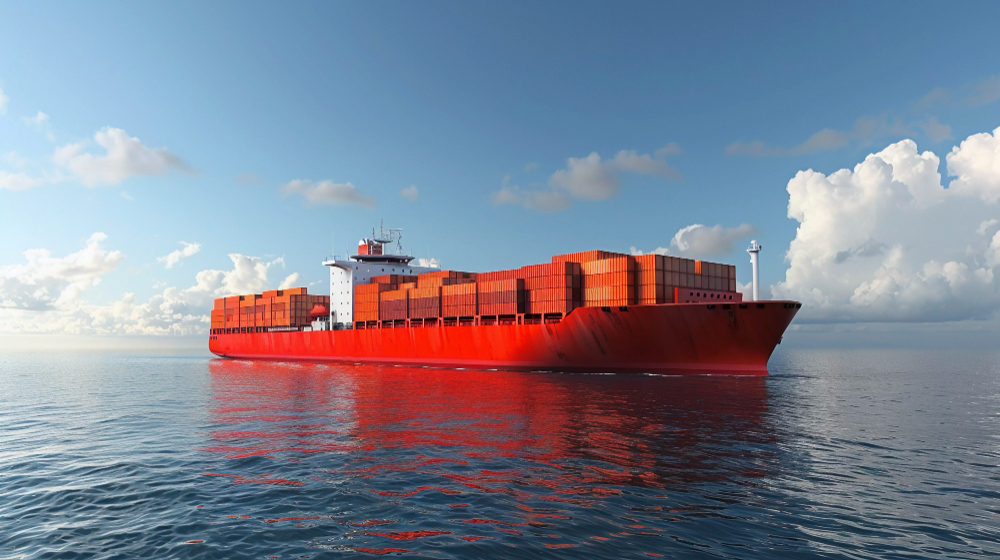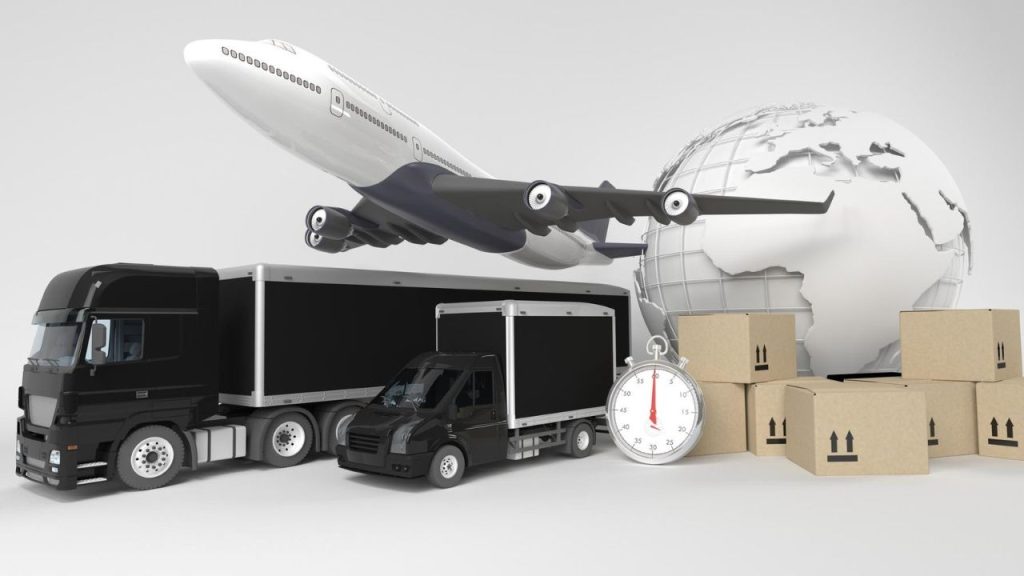Introduction
In today’s fast-paced business environment, efficient logistics can make or break your operations. From timely deliveries to managing inventory, the right logistics partner can streamline your supply chain and enhance your overall productivity. This article will guide you through the essential steps to choose the best logistics company that aligns with your business needs.
Understanding Your Business Needs
Before you start searching for a logistics provider, it’s crucial to understand your specific requirements. Begin by analyzing the volume and frequency of your shipments. Are you shipping large quantities regularly or small batches sporadically? The type of goods you handle also plays a significant role. Perishable items, hazardous materials, and oversized goods may require special handling and expertise.
Types of Logistics Services

Logistics is a broad field encompassing various services:
- Freight forwarding: Facilitating the shipment of goods from one location to another.
- Warehousing and storage: Providing space to store your products securely.
- Transportation management: Coordinating the movement of goods through different modes of transport.
- Inventory management: Monitoring and managing stock levels to meet demand without overstocking.
Key Factors to Consider
When evaluating logistics companies, several key factors should guide your decision:
- Cost efficiency: Look for a provider that offers competitive rates without compromising on service quality.
- Reliability and reputation: Choose a company with a proven track record and positive reviews.
- Technology and innovation: Modern logistics heavily rely on advanced technology for tracking and managing shipments.
- Customer service: Excellent customer support is essential for resolving issues promptly and ensuring smooth operations.
Evaluating Potential Logistics Providers
Start by researching and shortlisting potential providers. Check their credentials and certifications to ensure they meet industry standards. Assess their experience and expertise, particularly in handling goods similar to yours.
Geographical Coverage

Consider whether your logistics needs are primarily domestic or international. A provider with an extensive network and robust infrastructure can offer more reliable and efficient services across different regions.
Scalability and Flexibility
As your business grows, your logistics needs will evolve. Choose a company that can scale its services to match your growth and handle fluctuations during peak seasons seamlessly.
Technology and Integration
Real-time tracking and visibility into your shipments are critical. Ensure the logistics company uses advanced technology and can integrate with your existing systems for smooth data exchange. Advanced analytics and reporting can also provide valuable insights into your supply chain performance.
Sustainability Practices
With increasing focus on environmental responsibility, consider logistics providers that offer green solutions. Look for companies with environmental certifications and practices that reduce their carbon footprint.
Cost Considerations
Transparent pricing models help you understand what you’re paying for and avoid hidden costs. Consider the total cost of ownership, including transportation, warehousing, and any additional services.
Risk Management
Effective risk management is vital in logistics. Ensure the company offers adequate insurance coverage and has robust contingency plans to handle unforeseen disruptions.
Customer Support
Evaluate the availability and responsiveness of the logistics provider’s customer support. A dedicated support team that resolves issues quickly can significantly enhance your experience.
Industry-Specific Requirements
Different industries have unique logistics needs. Whether it’s handling pharmaceuticals, electronics, or fashion items, ensure the logistics company complies with industry-specific standards and regulations.
Choosing the right logistics company is a critical decision that can impact your business’s efficiency and customer satisfaction. By considering the factors outlined in this guide, you can find a logistics partner that aligns with your needs and helps you achieve your business goals.
FAQs
The main types include freight forwarding, warehousing and storage, transportation management, and inventory management.
Check their reputation, reviews, credentials, and experience. Request case studies and client testimonials.
Technology enables real-time tracking, data integration, and advanced analytics, enhancing efficiency and visibility in the supply chain.
Scalability ensures the logistics provider can adapt to your business growth and handle peak seasons effectively.
They can implement green logistics solutions, reduce carbon footprints, and obtain environmental certifications to promote sustainability.



